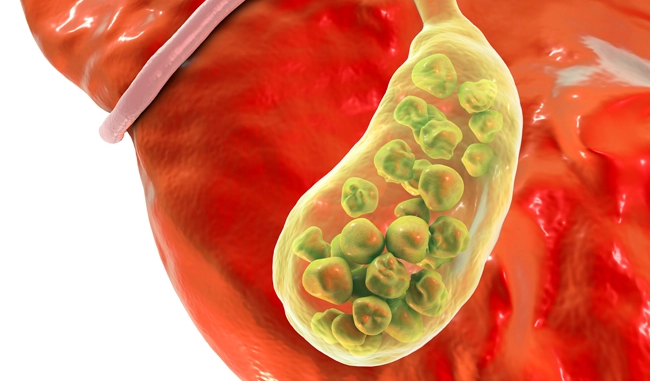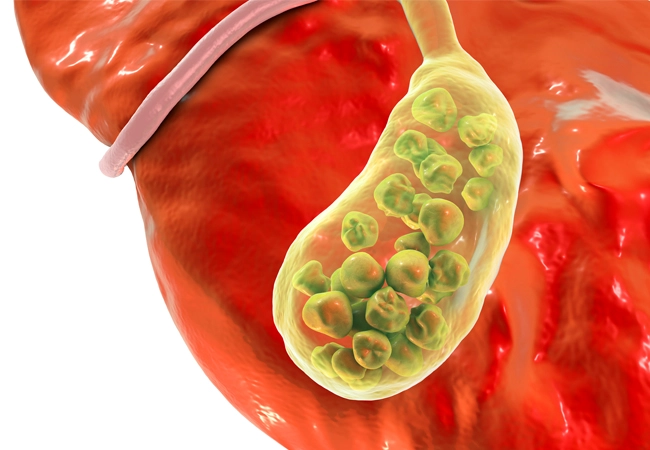
It may not be so healthy…
Unsubscribe | Report as spam | Change email preferences
Warning about intermittent fasting
Intermittent fasting has become a popular diet trend in the last couple of years.
I see a lot of health “gurus” recommending it to men.
Some call it the “warrior” diet or some other trendy names.
The idea is to skip breakfast and not eat anything for at least 16 hours.
And they claim that this is healthy.
Sure, some people benefitted from it and maybe even lost weight.
But the problem is that they don’t see the BIGGER picture.
With intermitting fasting, people generally change their food choices to healthy ones.
They stop eating PUFA-laden or processed foods.
Most of the time, the benefits stem from this change, not the fasting component.
Fasting COULD be an effective tool if our environment weren’t this stressful.
Fasting increases stress. Regularly doing it increases it even more.
Couple that with an already stressed body…
You get a metabolic disaster.
As you see, I don’t recommend regular fasting.
Because aside from the stress part, it is also associated with a reduced digestive capability.
Correspondingly, today’s study shows us that intermittent fasting can cause gallstones.
Let’s see…
This study was conducted at the University of Bristol. It was published in the Gut.
Bile is a fluid produced by the liver and stored in the gallbladder that helps in the digestion and absorption of fats in the small intestine.
It contains various substances, including bile acids and cholesterol.
Normally, the amount of cholesterol in bile is kept in balance with other substances.
However, when there is an excess of cholesterol in bile, the cholesterol can form solid particles.
And those particles can accumulate, leading to the formation of gallstones in the gallbladder.
In this study, the researchers collected bile samples from nine healthy subjects after fasting for different periods of time following a standardized meal.
According to the results, fasting has various effects on gallbladder bile.
They found that the mean cholesterol saturation index of the gallbladder bile was significantly higher after a 15-hour fast compared.
“In eight of the nine subjects studied, bile was more saturated with cholesterol after the 15-hour fast than 10-hour fast.”
They mention that super-long fasts (more than 4 days) decrease cholesterol in the bile.
But that’s probably because the body starts digesting itself after a couple of days without eating, so…
No way that shows fasting is healthy.
“Our findings are in agreement with and help to reconcile the apparent discrepancy between previous studies.These suggested that there is a rise in the cholesterol saturation of hepatic and gallbladder bile with an overnight fast but a fall in the cholesterol saturation index of gallbladder bile with a four to 6-day fast.”
Let me explain the mechanism of this phenomenon in simple terms.
When we fast, our body stores bile acids in the gallbladder, which interrupts their normal flow between the liver and intestines.
This interruption causes a decrease in bile acid secretion rate, and as a result, the liver produces bile with a higher cholesterol content.
“However, during fasting, bile acids are to some extent sequestered in the relaxed gallbladder which temporarily interrupts their enterohepatic circulation. This causes a fall in bile acid secretion rate and hence the production of hepatic bile with a higher cholesterol content. This more saturated bile replenishes the gallbladder as its contents shrink through extraction of fluid.”
That’s why regular fasting (16-18 hours a day) can cause gallstones.
I almost never skip breakfast.
I think it’s one of the most important meals of the day.
It helps to break the stress cycle from a prolonged period without food.
A breakfast with healthy carbohydrates, protein, and fats will do more good to you than a fast.
—-Important Message—-
This one strange food is helping men live to 120 and beyond
Stanislaw Kowalski eats this 1 food… and he is still running races — and he’s 110 years old!
Orville Rogers eats this 1 food, and he’s 99 and runs marathons…
Magomed eats this 1 food — and he’s 121 years old and still grows and eats his own food.
———-



